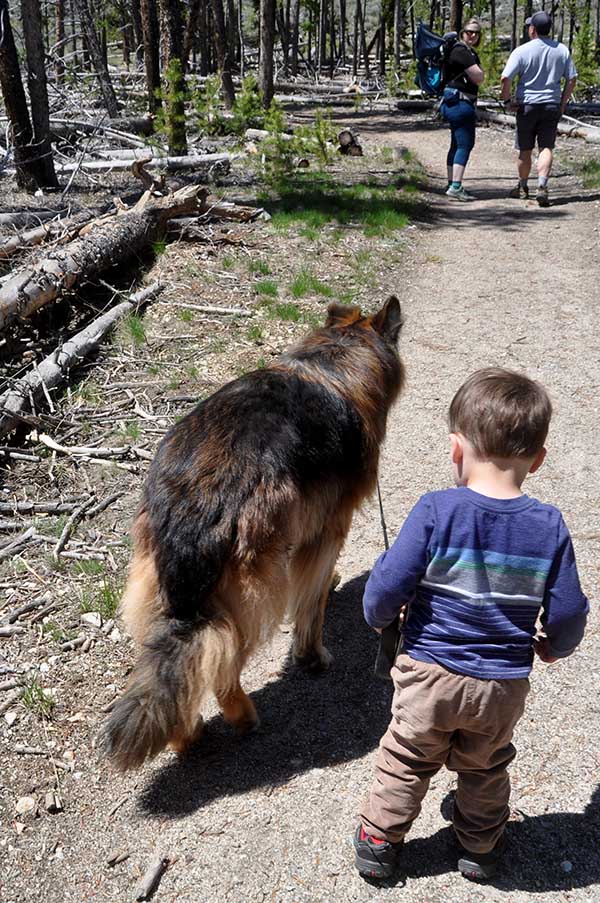
By Fran Jewell
I am called so many times being asked to help a family save their dog once it has bitten. There are so many things that go into making a decision about how to handle a dog that has bitten, and there is no easy solution. What I think, however, is very rarely addressed, are the liability issues involved once a dog bites.
“My dog would NEVER DO THAT!” or “I can’t believe my dog bit someone! He’s never done that before!” In almost all cases, the situation is that the dog has been screaming for help for a long time and no one noticed. Or maybe the owner continued to seek “socialization” for the dog, thinking that would help the dog’s fearful feelings, never stopping to consider that each “socialization” event brought the dog more and more stress and reason to bite. Socialization is NOT always the answer to solving the issue of a fearful dog that has threatened to bite.
Many people tell me that the person that got bit was very understanding.
The reality of the situation is that if your dog bites someone, whether on your property or in public, YOU ARE LIABLE FOR THE DAMAGES. If someone falls and hits their head because your friendly dog jumped on them, costing that person thousands of dollars, YOU ARE LIABLE for that person’s medical bill! If your dog bites someone at home, and the person that got bit sues you, your insurance company will pay ONE TIME. Then, chances are you will never be able to get homeowners insurance again. What might happen then is, if you don’t have insurance, your mortgage company may become involved and create even more havoc for you to deal with. Some insurance companies will not even insure you if you own a specific breed. Yes, they can do that.
Your dog can be destroyed if the bite is severe enough.
No one likes to talk about this horrible side of dog bites. Dr. Ian Dunbar has developed a Bite Inhibition Scale to help people determine just how serious a bite is and if the dog is able to be rehabilitated. A quick Google search will find it for you. Usually, a dog biting at a level THREE is considered very unlikely to be able to rehabilitate
While it is noble to claim devotion to your dog and see him through a bite incident, it is critically important that you realize the liability to you financially when you set forth to rehabilitate. And, in my experience, most people are not really willing to put into it all that is necessary to rehabilitate and manage a dog that has bitten. Honestly, it is impossible to insure that a biter can ever be called “SAFE” again.
If you try to re-home the dog, you may still be held responsible for another bite.
I’ve written many times about preventing bites, but I see so many people that continue to take huge risks with known biters, even taking the dog out in public where the actions of the public cannot be guaranteed to not provoke another bite.
PREVENTING bites is by far the best thing to do. How do you do that? When you bring a dog into your home, be sure he/she has a stable temperament. Fearful dogs are much more likely to bite. Get professional training for a young dog. There are so many things that can be trained early on that will help your dog avoid feeling the need to bite. There is no such thing as too early to start training.
I could never imagine how I would feel if one of my dogs bit a child in the face, destroying that child’s life. While this may sound uncaring, there is a time when we have to consider the life of a human over the life of a dog, no matter how much we love and are devoted to that dog.
Fran Jewell is an IAABC Certified Dog Behavior Consultant, NADOI Certified Instructor and the owner of Positive Puppy Dog Training, LLC in Sun Valley. For more information, visit positivepuppy.com or call 208-578-1565.
